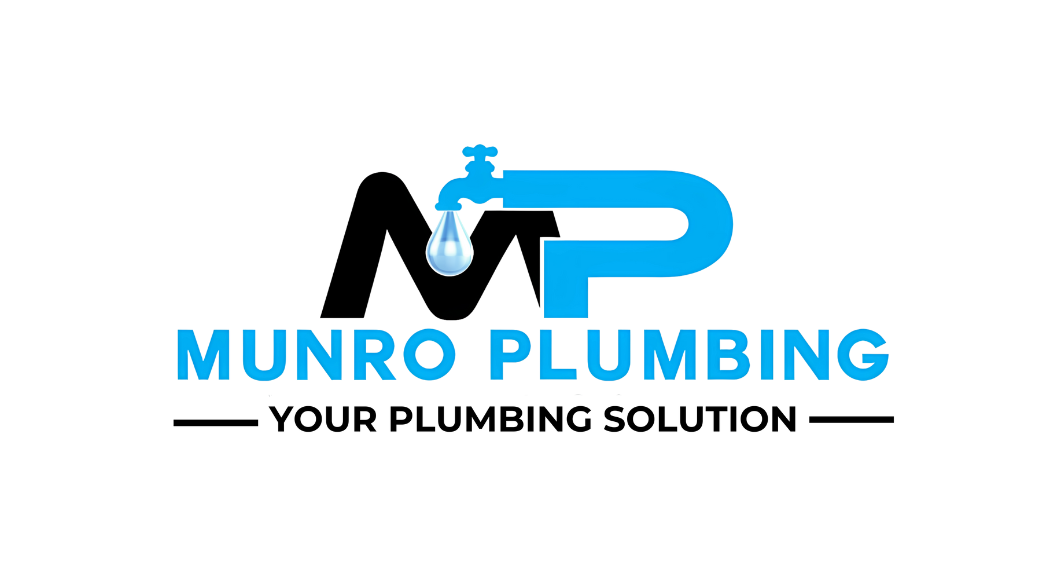10 Common Plumbing Problems and How to Prevent Them
Plumbing problems can be a major inconvenience, causing costly damage if not addressed early. Many homeowners face similar issues, but the good news is that most plumbing problems can be prevented with proper maintenance. Small leaks and minor clogs can quickly escalate into serious damage, leading to expensive repairs and potential water damage. Being proactive with regular inspections and maintenance can save you money, prevent emergencies, and extend the life of your plumbing system. Here are ten of the most common plumbing problems and how to keep them from happening in your home.
This guy has issues with his plumbing.

Plumbing issues can happen when you least expect them, from minor annoyances like a dripping faucet to major headaches such as a burst pipe. Understanding the most common plumbing problems can help you take proactive steps to prevent costly repairs and keep your home’s plumbing system running smoothly.
1. Leaky Faucets
Leaky faucets are more than just an annoyance—they waste water and increase your utility bills. A single dripping faucet can waste hundreds of gallons of water each year. The most common cause of a leak is a worn-out washer, O-ring, or valve seat. To prevent leaks, inspect your faucets regularly and replace worn-out parts before they cause significant water waste. If the leak persists, it may be a sign of deeper plumbing issues that require professional attention.
2. Clogged Drains
Clogged drains can slow down your sinks, showers, and tubs, making daily activities frustrating. Hair, grease, soap scum, and food particles are the main culprits. To prevent clogs, use drain strainers to catch debris and avoid pouring grease or coffee grounds down the drain. Regularly flushing your drains with a mixture of hot water, vinegar, and baking soda can help break down buildup and keep pipes clear. If your drain is completely blocked, it’s best to call a plumber rather than use chemical cleaners that can damage your pipes over time.
3. Running Toilets
A constantly running toilet can waste up to 200 gallons of water per day, driving up your water bill. This issue is often caused by a faulty flapper valve, an imbalanced float, or a worn-out fill tube. To prevent running toilets, check the inner components regularly and replace any worn-out parts as needed. If you notice water continuously running, jiggle the handle to see if it stops—if not, it may be time for a repair or replacement.
4. Low Water Pressure
Low water pressure can make simple tasks like showering and washing dishes a hassle. It’s often caused by mineral buildup in faucets and showerheads, pipe corrosion, or hidden leaks in the plumbing system. Cleaning aerators and showerheads regularly can help restore pressure. If the problem persists, you may need a plumber to inspect for hidden leaks or recommend solutions like a water softener if hard water is an issue in your area.
5. Water Heater Issues
There’s nothing worse than stepping into a cold shower due to a malfunctioning water heater. Common problems include sediment buildup in the tank, a failing heating element, or an incorrectly set thermostat. To keep your water heater running efficiently, flush it annually to remove sediment, check the thermostat settings (120°F is ideal), and inspect the anode rod for corrosion. If your water heater is over 10 years old and struggling to provide hot water, it may be time to replace it.
6. Burst Pipes
Burst pipes are a homeowner’s nightmare, often leading to extensive water damage. The main causes are freezing temperatures, high water pressure, or aging pipes. To prevent freezing pipes, insulate them in winter and keep your home heated, even when you’re away. Allowing faucets to drip slightly during extremely cold weather can also help keep water moving and prevent freezing. If you notice a sudden spike in your water bill or damp spots on walls or ceilings, you may have a hidden pipe issue that needs immediate attention.
7. Sewer System Backup
A sewer backup is one of the worst plumbing emergencies, leading to foul odors, slow drains, and potential health hazards. Tree roots invading sewer lines, heavy rain overwhelming the system, or flushing non-biodegradable items like wipes can cause backups. To prevent this, only flush toilet paper, avoid planting trees near sewer lines, and schedule routine sewer line inspections to catch problems before they escalate.
8. Dripping Hose Bibb
Outdoor hose bibbs often develop leaks after winter due to freezing and expansion. This can waste water and lead to foundation damage. To prevent this, install a frost-free hose bibb and disconnect hoses before temperatures drop. If your hose bibb is already dripping, replacing the washer or tightening the connection can often solve the problem.
9. Sump Pump Failure
A sump pump is essential for keeping your basement dry, especially during heavy rainfall or snowmelt. When a sump pump fails, it can lead to basement flooding and water damage. Common causes of failure include power outages, clogged discharge pipes, or a malfunctioning float switch. To prevent issues, test your sump pump regularly by pouring water into the pit to ensure it activates properly. Keep the discharge pipe clear of debris and consider installing a battery backup system to keep your sump pump running during power outages.
10. Mold and Mildew Growth
Hidden leaks behind walls, under sinks, or around fixtures can create the perfect conditions for mold and mildew. This not only damages your home but also poses health risks. Regularly check under sinks, around toilets, and behind appliances for signs of leaks. Ensuring proper ventilation in bathrooms and kitchens can also help prevent excess moisture buildup. If you notice persistent mold or mildew, a plumber can help locate and fix the underlying issue.
If you encounter a problem that requires professional assistance, don’t hesitate to call a licensed plumber to handle the job.
For expert plumbing services, contact Munro Plumbing today—we’re here to help keep your home’s plumbing in top shape

